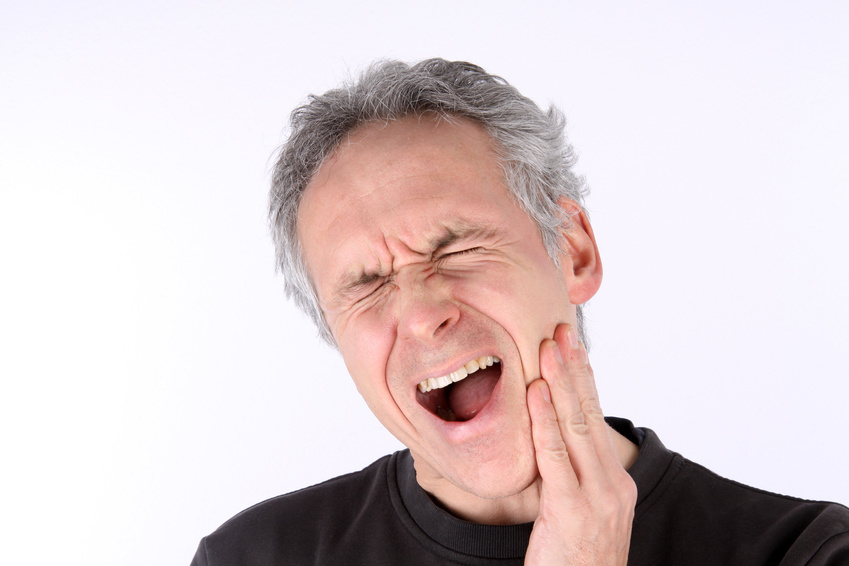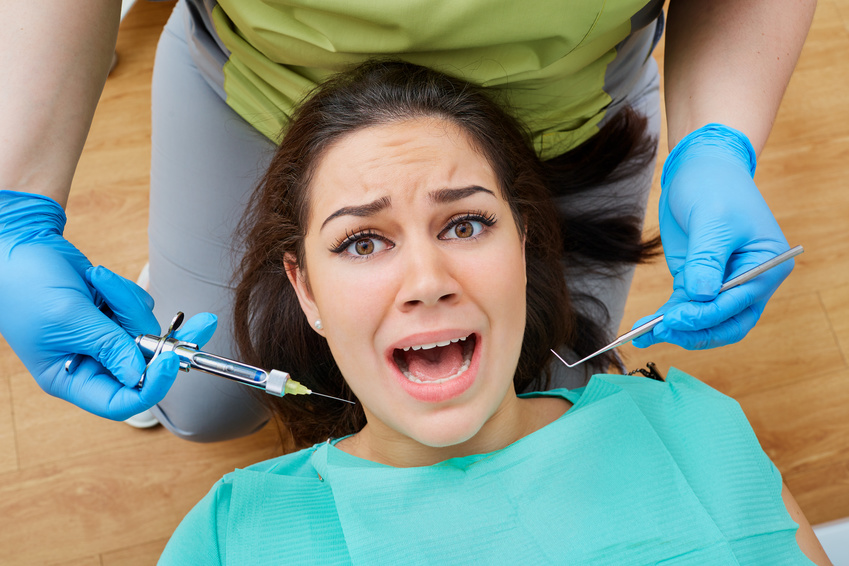Good dental health is essential for your well-being. Healthy teeth can help you save time and money during your regular dental visits and can boost your confidence. The secret to maintaining healthy teeth lies in how you treat your gums. This means that with proper, regular brushing and flossing, you should be able to keep your teeth in the best condition. Taking care of the gums is equivalent to taking care of your teeth.
So, how exactly should you keep your gums healthy?
- Flossing. By flossing at least once daily, you can help remove plaque and food bits that your toothbrush cannot reach from the teeth. Flossing is recommended after a meal or after brushing your teeth. Flossing efficiently involves winding about 18 inches of floss in your hands and guiding the floss between the teeth. Scrape off the sides of each tooth by curving the floss against the gum line. Ensure you use a clean part of the floss on each tooth.
The last four of the 32 teeth to erupt are the wisdom teeth. Wisdom teeth typically emerge at the onset of adulthood; between the age of 17 and 25 for most people. Growing wisdom teeth sometimes encounter issues such as lack of enough room to fit normally on the gums. Such wisdom teeth are considered impacted. An impacted wisdom tooth may be displaced, twisted or tilted as it tries to emerge.
Degrees of Impacted Wisdom Teeth
- Soft tissue impaction. This occurs when the gum is still covering a part of the tooth’s crown after it has already penetrated through the bone.
- Partial bony impaction. This degree of impaction occurs when a part of the tooth remains submerged in the jawbone after the partial eruption of the tooth.
- Complete bony impaction. This kind of impaction occurs when the jawbone completely encases the tooth.
Sometimes wisdom teeth may be impacted yet; they will show minimum symptoms. When symptoms begin to arise, the top of the tooth is most probably swollen or infected. Dentists use a panelipse x-ray to help identify impacted wisdom teeth and prevent the debilitating pain these teeth can cause. Below are the warning signs that you will notice when your wisdom teeth are impacted:
- Pain at the back of the mouth. Impacted wisdom teeth can cause excruciating pain to the victim. Usually, gums become tender to the touch and swell. When pressure is applied on these areas, the area may start to bleed. This can make flossing and brushing of teeth painful experiences.
- Swollen jaws. Swelling jaws usually accompany impacted wisdom teeth. The swelling may first appear subtle. It can, however, worsen quickly to a point where opening the mouth and chewing becomes difficult and painful.
- Headaches. Impacted wisdom teeth usually cause headaches of the temporomandibular joint. The temporomandibular joint connects the skull and the jaw and is near the point of emergence of wisdom teeth. The pain caused by impaction may spread to other parts of the face and the head.
- Swollen glands. When the glands in the neck and shoulder well, it may be a sign of impacted wisdom teeth. This symptom combined with others mentioned above may mean that you need to consult your dentist.
- Cysts. When the sac that the tooth should emerge from fills with fluid, it forms a cyst. This happens especially when the wisdom teeth are impacted. If a cyst is present in the area where the wisdom teeth are growing, it is a clear indication that you need to see your dentist. Failure to treat a cyst may create the necessary conditions for the development of infections.
Complications Resulting from Impacted Teeth
If you do not attend to your impacted wisdom teeth, the condition may lead to further complications.
- Gum disease. Impacted wisdom teeth may be difficult to clean, making them prone to decay and infections. Food and bacteria are trapped in these areas, and they may expose the teeth to decay further.
- Realignment and damage of adjacent teeth. Once the impacted wisdom teeth push the teeth around them, the adjacent teeth are forced out of place and may become infected.
Impacted teeth can be painful, and these conditions may only worsen the pain.
Wisdom Teeth Removal Tarzana
Tooth extraction is also known as exodontia. Removal may be routinely done when teeth are broken or decayed. You may, especially, need to have your wisdom teeth removed if they are causing pain or if your teeth are impacted.
The process of removing a tooth is simple. The dentist puts the patient under local anesthesia and widens the socket of the affected tooth and removes the tooth using dental forceps. Surgical extraction is more complex than the former. It is usually done in the case of broken teeth or the case of partial bony impaction. This process is also done with the patient under local anesthesia. It is advisable to contact qualified dentists such Afsoon Gerayli, DDS to ensure your oral health is at its optimum. You can contact our professionals for wisdom teeth removal in Tarzana.
The Reseda area has plenty of attractions to keep your entire family busy. Looking for something fun to do this week? Here are our favorite destinations in Reseda and Tarzana.
Reseda Park
Reseda Park has attracted residents and visitors since the 1950s and '60s, when its iconic duck pond used to offer electric boats for rent. Kids can enjoy the great jungle gym and recreation center. The park features two full basketball courts and a half court, 4 tennis courts, 3 softball diamonds, plenty of grassy space, and a large picnic area. Reseda Park is best known for its man-made duck pond.
Your Reseda dentist can perform many procedures to repair damage to your teeth and change the appearance of your teeth. While cosmetic dentistry focuses mostly on elective procedures rather than essential dental procedures, many treatments also offer restorative benefits by improving your ability to chew or protecting surrounding teeth. A Reseda cosmetic dentist can help you improve your smile with teeth bleaching, crowns, veneers, and more.
If you're considering a cosmetic dental procedure, Dr. Afsoon Gerayli has been recognized as the best cosmetic dentist in Los Angeles. Dr. Gerayli was the recipient of the 2014 Los Angeles Top Rated Doctors Award, a significant achievement that highlights her experience and expertise.
If you have a persistent ache in your tooth, throbbing, or pain that keeps you up at night, it may be more serious than a common toothache. An abscessed tooth occurs when an infection in the tooth spread around the root. An infected tooth can be very painful and even life-threatening. Here's what you need to know about tooth infection treatment in Los Angeles, CA.
What is a Tooth Infection?
An infected or abscessed tooth is a very painful infection at the tooth root or sometimes between the tooth and the gms. Dental infections are usually caused by serious tooth decay, but they can also be the result of trauma to the tooth or gum disease.
Trauma, gingivitis, and tooth decay all create openings in the enamel of the tooth that allows bacteria into the pulp or center of the tooth. From there, the infection can easily spread from the root to the bones that support the teeth.








